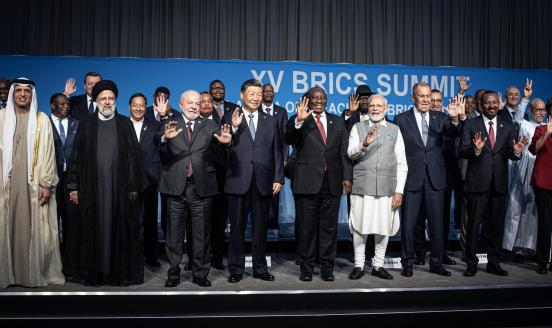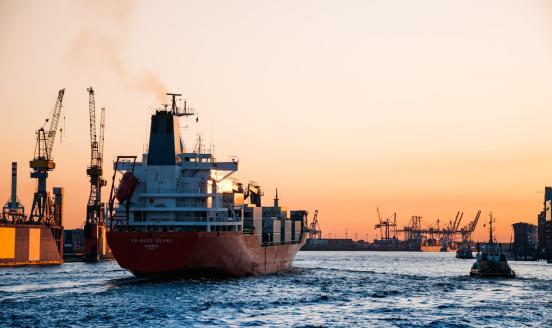From G7 to G20: passing three hot potatoes
Yesterday’s G7 video-conference ended in silence. It wasn’t even possible for the group to issue a joint statement after the US administration's push
What a difficult world to live in, especially for those who believe in international cooperation. In the light of a pandemic, each nation affected takes its own measures without bothering to look at its neighbors. What a remembrance of what brought economies further down during the Great Depression.
In fact, yesterday, the G7 video-conference ended in silence (maybe in tears for those most affected, namely the European nations). It wasn’t even possible for the group to issue a joint statement after the US administration's push to enter into a blame game over the Covid-19 label. However, let’s not give up. There is one more chance today for global coordination: the G20 emergency video-conference hosted by Saudi Arabia.
The good thing about today’s call, is that with China’s presence, it will be hard for the US (which holds the G7 presidency at the moment) to push others to discuss the labeling of the problem (the origin of the pandemic) rather than the solutions. As a quick reminder for G20 members, here is a list of issues that would be worth discussing.
First, there is no doubt that a dollar liquidity crunch is one of the key ghosts haunting G20 cooperation. While the Fed has already extended swap lines to nine more central banks, few of them are emerging economies (Mexico and Brazil only) and many more are waiting for news from the Fed. If the Fed feels uncomfortable with becoming the global provider of ultimate dollar liquidity, the IMF is clearly the second line of defense. Yet with over 80 countries having already knocked on the IMF’s door for emergency liquidity assistance, it seems obvious that its resources alone will not be enough to protect emerging and frontier economies from the hard currency liquidity shortages stemming from the coronavirus pandemic. The G20 would be well advised to discuss how to provide more resources to the IMF in a timely manner, even more so if the Fed is not ready to extend additional swap lines.
Second, and beyond USD liquidity, the strength of the dollar is, no doubt, an important topic for the G20. The G7 could have offered a more appropriate venue, as host to the most liquid currencies in the world, but the first mover advantage has been lost. This is why it is quite likely that G20 members will end up warning the G7 about the importance of avoiding excessive volatility in forex markets globally. One could argue that emerging economies may have been benefiting from weaker currency as a buffer to the slump in their economies due to the spread of the pandemic, but the reality is that currencies that are too weak are also risky, as it leaves room for investors to start doubting these countries’ ability to repay their dollar debt and, thus, push up the cost of funding. In other words, too strong a dollar is bad news for emerging economies as well, so the united front for coordinated forex intervention at the G7 level may be achieved at the G20.
Finally, commodity – and especially oil price – weakness will surely be discussed at a meeting in which major commodity producers sit at the table. It seems clear that the host –Saudi Arabia – will be kindly asked to contribute its fair share to avoid an additional collapse of oil prices from historically low levels. At this juncture, even major importers like India or China might tend to agree that too low commodity prices may generate more problems than benefits. In fact, the collapse of a major energy company, for example, let alone the default of an oil or gas exporter, could send shockwaves through the global economy, decimating the benefits of cheaper oil imports.
All in all, the hot potato that the G7 has passed to the G20 should be grasped with courage as the world has never been in more need of coordination for a problem that is, by definition, global: a pandemic. This is the opportunity for the G20 to stand out and overshadow the G7. This development will be one more important signal of the increasingly – and inexorably –“West-less” world we are all living in.



